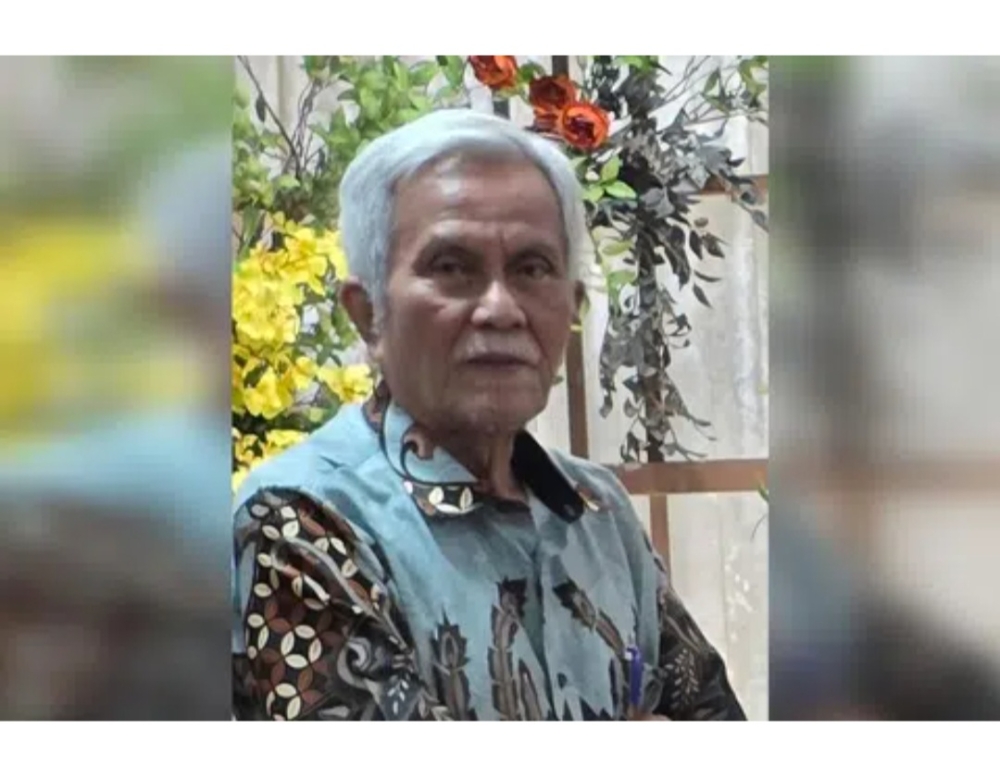KUALA LUMPUR, Nov 17 ― The Malaysian Bar again appealed for the Singapore government to spare the life of death row inmate Nagaenthran K. Darmalingam who was convicted of carrying drugs into the island nation back in 2009.
It repeated its plea for clemency on humanitarian grounds after the Singapore government insisted that it had followed all the due processes of the law and given the Malaysian — said to have an IQ of 69 — a fair trial.
Malaysian Bar president AG Kalidas acknowledged the reasoning by the given Singapore government, but stressed that the appeal for clemency is an extrajudicial process that takes place after all judicial processes are exhausted.
“We have always had a close relationship with Singapore — our neighbour to the south,” he said in a statement today.
“We respect its sovereignty and laws, but what we are merely asking for is compassion to be extended to our citizen who has been medically diagnosed as being of impaired intellectual ability and has been languishing in a cell for more than ten years in a foreign country.
“All we are asking for is humanity,” he added.
Kalidas said the clemency appeal should warrant consideration in light of reports that Nagaethran’s mental condition had deteriorated since his detention, a claim the Singaporean authorities rejected.
“Our call to the Government of Singapore was in relation to the issue of clemency. This is a process that is extra-judicial that takes place after all judicial processes are exhausted,” he said.
“We note that an earlier application for clemency had been rejected. Given the reported further deterioration of Nagaenthran’s mental condition, we believe that a reconsideration of clemency is warranted.”
The Singapore authorities issued a statement on November 12 in reply to letters submitted by the Malaysian Bar appealing for clemency for the Malaysian national a few days before.
It argued that Nagaenthran had enjoyed the full benefit of legal due process within the criminal justice system in Singapore, and that the Malaysian had received legal representation at trial and had been identified as having an IQ of 69, which had been fully taken into account in subsequent appeals and other legal proceedings.
The Singapore courts had decided that his intellectual capacity was not diminished, and that he was fully cognisant of his actions.
Many international and local organisations have written to the Singapore government in support of the abolition of the death penalty and the commutation of Nagaenthran’s death sentence, Kalidas noted.
“Many that have done so, including the three Bars in Malaysia, have noted that Singapore has signed and ratified the UN Convention on the Rights of Persons with Disabilities (CRPD).
“As such, we hope that Singapore will give effect to commitments that it has made under the CRPD,” he said.
The three Bars mentioned by Kalidas refers to the three separate statutory bodies representing the legal profession in Malaysia: the Malaysian Bar for lawyers based in the peninsula, the Advocates Association of Sarawak, and the Sabah Law Society.
Nagaenthran was arrested in April 2009 for smuggling 42.72g of diamorphine into the republic and sentenced to death in November 2010. The Malaysian national claimed he was coerced into carrying drugs, although he later said that he acted as a mule because he needed the money.
He was 21 at the time of arrest.
His legal team has argued that his low IQ of 69 indicates an intellectual disability, affecting his ability to make informed decisions.
Kalidas has “strongly” urged the Singaporean government to give this fact all due and necessary consideration.

















